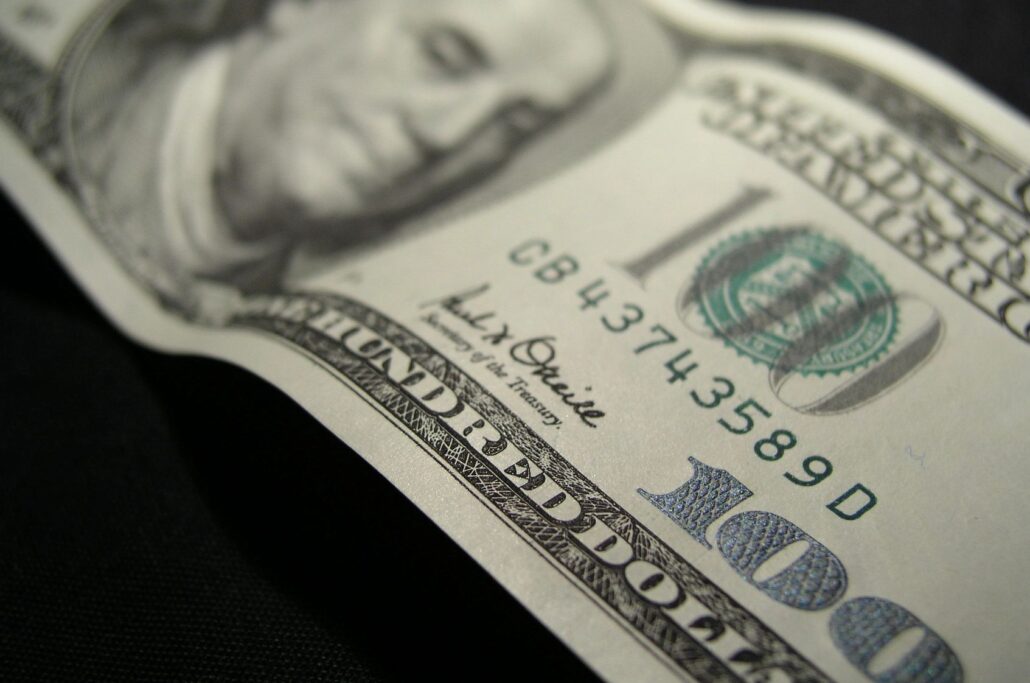One choice that’s been gaining traction among healthcare professionals is operating on a cash-only basis.
At first glance, going cash-only might sound like a throwback to simpler times, but in today’s complex healthcare landscape, it can be a game-changer.
This approach strips back the layers of insurance bureaucracy and brings transactions back to basics: a direct exchange between provider and patient.
But, like any bold strategy, it comes with its set of challenges and rewards. Stick around because we’re going to explore how choosing to run a cash-only practice could redefine your approach to healthcare provision.

Pros of Being a Cash-Only Provider
Making the switch to a cash-only provider model can offer several benefits to healthcare professionals.
1. Direct Revenue
By bypassing insurance, you gain immediate access to the entire payment from your patients. This can result in more predictable and reliable cash flow, which is essential for businesses with tight margins.
2. Simplified Billing Process
Without dealing with filing claims, tracking payments, or handling denials, your billing process gets lean and streamlined. This can cut down on the necessity for a big billing department, saving costs significantly.
3. Increased Revenue Control
When you go for cash-only services, you get to set your prices and have more say in how much you earn. You’re not tied down by insurance companies’ rules on pricing, so you can charge what you think your services deserve.
4. Enhanced Patient-Provider Relationship
When patients pay you directly, it’s straightforward and simple. This can help build a stronger connection between you and your patients, focusing on care rather than dealing with financial middlemen.
5. Reduced Administrative Burden
Dealing with insurance claims and all that paperwork can really eat up your time and get pretty tricky. When you cut out dealing with insurance, you’re also getting rid of a big hassle, giving you more time to focus on growing your business.
Cons of Being a Cash-Only Provider
However, there are significant drawbacks to consider before eliminating insurance as part of your payment model.
1. Limited Patient Pool
Not every patient can cover the out-of-pocket expenses linked to cash-only services. This might exclude some of the market, like those on fixed incomes or with lower socioeconomic status.
2. Potential Revenue Fluctuations
In a cash-only setup, your earnings depend on how many patients you get and if they’re willing to pay for services. When it’s slow, you might see big drops in revenue that the cost savings may not fully cover.
3. Insurance Dependency
For some medical fields, insurance might be the main or sole way patients pay for your services. Opting for cash-only in these instances could lead to losing most of your patient base.
4. Competitive Disadvantage
In certain markets, not taking insurance could make you less competitive compared to practices that do. Patients wanting convenience and full coverage might choose those practices over a cash-only approach.
5. Regulatory Challenges
Licensing, ethics, and even state laws in certain areas can create obstacles to transitioning to a fully cash-based practice. Not following the rules could result in hefty fines and legal troubles, so it’s important to weigh these factors carefully.
The Bottom Line
Deciding to go cash-only isn’t something you do on a whim. You really need to know your market, be ready to tweak your business game plan, and be open to the chance of losing some patients. But the perks like more control, direct cash flow, and smoother operations could really amp up your growth and help you ride out industry shifts.
Make sure to consider your practice’s specific needs and goals when weighing these factors. Whatever you decide, make sure it’s well thought out and informed, considering both the current healthcare landscape and your long-term business vision.





